CQ Press
2300 N Street, NW, Suite 800
Washington, DC 20037
Phone: 202-729-1900; toll-free, 1-866-4CQ-PRESS (1-866-427-7737)
Web: www.cqpress.com
Copyright 2012 by CQ Press, a division of SAGE. CQ Press is a registered trademark of Congressional Quarterly Inc.
All rights reserved. No part of this publication may be reproduced or transmitted in any form or by any means, electronic or mechanical, including photocopy, recording, or any information storage and retrieval system, without permission in writing from the publisher.
Cover design: Malcolm McGaughy
Cover photos: Photos.com
Composition: C&M Digitals (P) Ltd.

The paper used in this publication exceeds the requirements of the American National Standard for Information SciencesPermanence of Paper for Printed Library Materials, ANSI Z39.481992.
Printed and bound in the United States of America
15 14 13 12 11 1 2 3 4 5
Library of Congress Cataloging-in-Publication Data
Derthick, Martha.
Up in smoke : from legislation to litigation in tobacco politics/Martha A. Derthick. 3rd ed.
p. cm.
Includes bibliographical references and index.
ISBN 978-1-4522-0223-5 (pbk.: alk. paper)
1. TobaccoLaw and legislationUnited States. 2. TobaccoGovernment policyUnited States. 3. Products liabilityTobaccoUnited StatesHistory. I. Title.
KF3894.T63D47 2011
338.4767970973dc23 |
| 2011025063 |
Preface
This book has two originsone intellectual, the other practical. Intellectually, it began with my teaching an undergraduate course in public policy. I was looking for interesting case-study material and thought I detected some in the tobacco wars. I had developed the practice of staging mock hearings on a major policy issue. Most of the time, I used the future of Social Security, but tobacco control also had possibilities. The one mock hearing that we held in Government 438 at the University of Virginia went very well, with numerous engaging roles for the students to play. Because it was Virginia, I was not surprised to have one student, the granddaughter of tobacco farmers, defend the farmers interests. It was more surprising to have some of the best students in the class play effectively the roles of tobacco company executives.
To the best of my recollection, what first caught my attention was a story in the Washington Post saying that the Tobacco Institute had been abolished in response to action by the state governments. Whoa, I said to myself. When did the governments of the United States get the right to abolish lobbies? What country am I living in? Granted, tobacco is bad for smokers health; even so, our constitutional traditions of free speech and limited government were not founded just for the protection of benign and popular causes.
Beyond that, as a professor it struck me that tobacco was a rich story, engaging questions of constitutionalism, separation of powers, and federalism; the roles of bureaucracy, interest groups, and the legal profession; issue and agenda development; elite versus mass opinion; the influence of money in politics and of moralism on public policy; and government regulation versus individual responsibility. Almost any question a political scientist might want to raise with undergraduates in introductory courses could be teased out of the tobacco wars. I have tried to capture this richness while organizing the story around the central theme of legislation versus litigation as a mode of policy-making. I like that, too, because I think there is no more important question for students of American institutions and policy processes to examine today.
After a brief introduction (, which is not new but which has been shortened and sharpened in light of events since 2005.
Although the book is about how policy is made rather than what tobacco policy ought to be, how a reader reacts to this long and complicated story is likely to depend on what he or she believes both about tobacco use and about the relation between government and its citizens. How far ought government to go in protecting citizens against their vices, and how far in regulating manufacturers of harmful products? At one extreme, governments in the United States might do nothing about tobacco, which historically was a staple crop of the South, helping to sustain the economy of a desperately poor region. At the other extreme, they could prohibit its growth, manufacture and use. After the danger of tobacco use was scientifically established and officially publicized in the mid-sixties, governments in the United States generally sought to discourage tobacco consumption by occupying a middle ground, relying on taxation, warning labels and other public admonitions, limitations on place of use, prohibition of radio and TV advertising, and prohibition of sales to minors, a prohibition that until the 1990s was not well enforced. Until recently, Congress has implicitly preferred inaction to action.
Critics of tobacco are critics also of tobacco politics, and regard the historic path of compromise as proof of the excessive power of cigarette producers in legislative politics. Many Americans appear to be skeptical of legislatures ability to do their work well, partly because members receive large campaign contributions from corporate donors such as cigarette manufacturers. No one could claim that elected legislatures are ideal instruments of policymaking. The question raised here is how they compare with litigation-centered alternatives to which Americans have an increasing propensity to resort. Many readers will receive my findings skeptically. They should perhaps take note of the fact that among all of the industries in the United States, including finance and real estate, pharmaceuticals and tobacco, the largest contributors to election campaigns are lawyers and law firms. Even if not convinced by my conclusions, I promise that the reader who stays with the story will get a penetrating look at politics and government as they are practiced in the United States today.
Acknowledgments
As a practical matter, the book began when Charisse M. Kiino, an acquisitions editor for CQ Press, knocked on my office door and asked what CQ should be publishing. I advised a case study on tobacco politics, and she replied by suggesting that I do it. I said I did not know enough about the subject, was not sure whether at retirement age I could muster the passion needed for another book, had a garden to tend, had other academic commitments, and so on. She coaxed me, as did various colleagues thirty or more years younger than I who insisted that of course I could summon the energy for a book, and had confidence that it would be worth reading. Foremost among these were Gerard Alexander, Gareth Davies, John Dinan, Eric Patashnik, and Steven Teles.
The staff of CQ Press has throughout been efficient, supportive, and altogether a pleasure to work with. I am much indebted to Ms. Kiino, who was unfazed when reviews of an early prospectus confirmed my claim that I did not know much about the subject, and whose editorial advice at critical moments improved the result. For more than a decade, she has remained steadfast in support of this work. I also thank Christopher M. Karlsten, who edited the completed manuscript for the first edition; Talia Greenberg, who ably substituted for him when he was on vacation; Katharine Miller, who edited the manuscript for the second edition in 2004; and Joan Gossett, who was in charge of producing it. For the third edition, Sarah Fell, who was in charge of production, and Shannon Kelly, as editor, maintained the high professional standards and good nature of their predecessors.

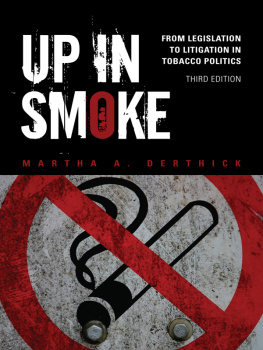

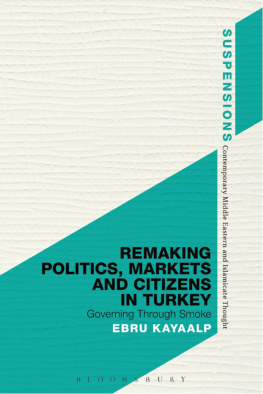
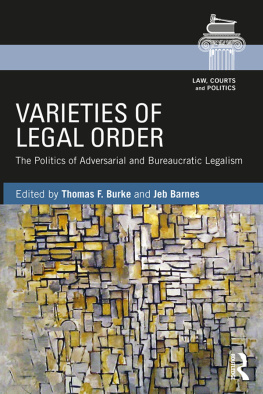

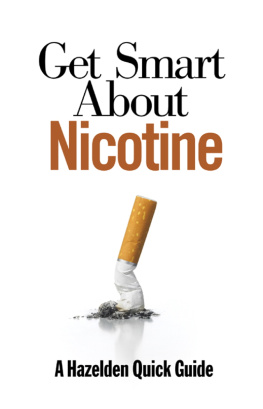
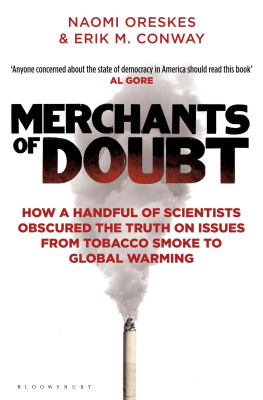
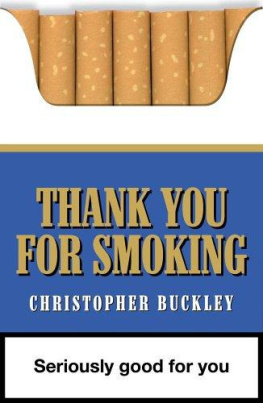

 The paper used in this publication exceeds the requirements of the American National Standard for Information SciencesPermanence of Paper for Printed Library Materials, ANSI Z39.481992.
The paper used in this publication exceeds the requirements of the American National Standard for Information SciencesPermanence of Paper for Printed Library Materials, ANSI Z39.481992.